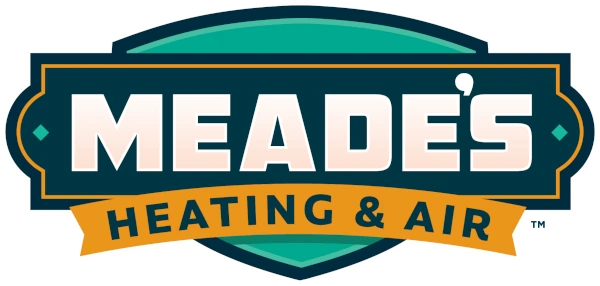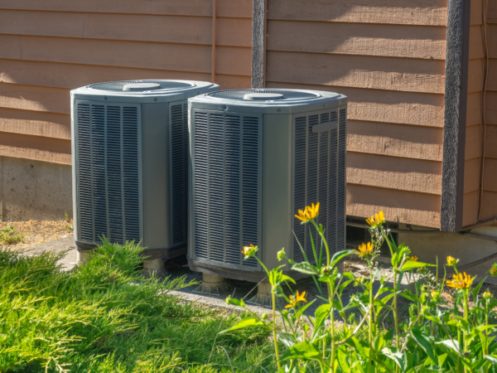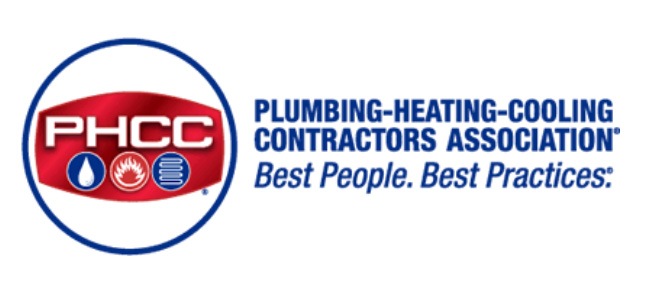When it comes to upgrading or installing a new HVAC system, time is of the essence. By learning about the factors that influence installation times, you can better understand the intricacies of the process. A few quick tips can help you anticipate the duration of your HVAC installation, explore various system types, and learn about strategies for streamlining the process without compromising quality. From pre-installation preparations to post-installation testing, adequate knowledge will ensure a smooth and swift process.
What Factors Affect the Installation Time of an HVAC Unit?
The type of unit plays a significant role. Different HVAC systems, such as central air or ductless mini-splits, have varying installation complexities. Secondly, the overall complexity of the installation itself can affect the timeline with more intricate setups requiring longer to implement. Additionally, the location of the property may come into play as accessibility and ease of installation can differ between urban and rural areas. Moreover, the size of the property will impact the length of the installation process with larger spaces requiring more extensive ductwork and equipment placement.
How Long Does a Typical HVAC Installation Take?
The duration can vary based on several factors, but generally, it takes around one to three days to complete. For straightforward installations of basic systems in average-sized homes, the process may take just one day. However, more complex installations or larger properties may need two to three days for setup and testing. Because each installation is unique, unexpected challenges may arise, potentially extending the timeline. With these points in mind, you can set realistic expectations and work with your technician to ensure an efficient process.
Are There Different Types of HVAC Units With Varying Installation Times?
Central AC systems typically involve more extensive ductwork, which can make the process more time-consuming. On the other hand, ductless mini-split systems, being more compact and requiring no ductwork, are generally quicker to install. Additionally, heat pumps, with their dual heating and cooling capabilities, may have slightly longer installation times. Exploring these different HVAC system types and their respective installation processes can help you choose the most suitable option for your needs.
Can a Professional HVAC Installation Be Done in a Day?
HVAC technicians are skilled at efficiently handling installations, ensuring all components are correctly placed and connected. However, the feasibility of a one-day installation depends on various factors, such as the type of system, the property size, and any unexpected complications that may arise. In some cases, more complex installations will require additional time for setup and testing. To get a realistic estimate of the installation duration for your specific situation, it’s a good idea to consult with your technician beforehand.
What Are Some Strategies to Expedite HVAC Unit Installation?
When it comes to streamlining the process, pre-installation preparation is crucial. This includes ensuring that the installation area is clear and accessible and that you obtain any necessary permits in advance. Having all required tools and materials readily available will drastically reduce the installation time. Experienced technicians know how to work collaboratively, assigning specific tasks to each team member to maximize efficiency.
Furthermore, technology such as digital planning tools and laser measuring devices aid accurate and swift installation. Following manufacturer guidelines and best practices can also ensure a smooth process and minimize potential setbacks. With proper training and up-to-date knowledge, HVAC professionals can stay informed about the latest installation techniques, making the process faster and more efficient.
Are There Any Prerequisites for HVAC Installation That Can Help Save Time?
Starting with proper electrical wiring will ensure that the right electrical connections facilitate a fast installation process. Clearing the installation area of any obstructions or debris will also enable technicians to work efficiently and safely. Conducting a thorough site assessment and obtaining measurements in advance will help you plan for the installation process more effectively. Additionally, having all required tools, equipment, and HVAC components readily available will simplify the workflow. With these strategies, you can minimize potential setbacks and expedite the installation at your property.
How Does the Experience of HVAC Technicians Affect Installation Time?
Experienced technicians possess a deep understanding of HVAC systems, enabling them to navigate complex installations with ease. They’re adept at quickly identifying potential challenges and finding solutions, minimizing the time needed for troubleshooting. Their familiarity with various HVAC unit types and models enables swift and precise handling of equipment, connections, and adjustments. Moreover, experienced technicians will follow industry best practices, ensuring an efficient and error-free process. Their proficiency in coordinating tasks and working as a team will further expedite the installation.
Is It Possible to Retrofit an Existing HVAC System to Reduce Installation Time?
If the current HVAC infrastructure is in relatively good condition and meets certain compatibility criteria, retrofitting allows for upgrades or modifications without the need for a full overhaul. By reusing some existing components and infrastructure, such as ductwork or wiring, the installation time may be significantly reduced.
Additionally, compared to a complete replacement, retrofitting components can save you money on materials and labor costs. However, you should consult with your technicians to assess the feasibility of retrofitting and ensure that it meets the performance standards for your property.
What Are Some Common Challenges That Can Prolong HVAC Installation Time?
Unexpected issues with the property, such as structural constraints or inadequate space for equipment placement, may require additional planning and adjustments. Likewise, outdated or incompatible electrical systems may necessitate rewiring or upgrades.
Complications in accessing the installation area, especially in multi-story buildings or cramped spaces, can also slow things down. Incorrectly sized components may need replacing, further extending the duration. Additionally, adverse weather conditions can hinder outdoor installations. Your technicians should have contingency plans in place to ensure a timely installation.
Can Extreme Weather Conditions Affect HVAC Installation Time?
During hot weather, working conditions may become challenging for technicians installing outdoor components or working in confined spaces. Excessive heat can also affect the efficiency of certain materials and equipment, potentially leading to adjustments or replacements.
Similarly, cold weather can slow down the installation by making it harder to handle materials and tools. Rain, snow, or strong winds can pose safety risks and hinder outdoor installations. HVAC professionals can adapt to adverse weather conditions by taking necessary precautions, rescheduling outdoor work when necessary, using protective gear, and ensuring the safety of the installation team.
Are There Any Post-installation Tasks That Can Cause Delays?
System testing is a critical step to ensure that the unit functions properly and efficiently. If any issues are detected during testing, technicians may need additional time to troubleshoot and make necessary adjustments. Properly calibrating the HVAC system and fine-tuning settings for optimal performance may also take time. In some cases, testing can uncover unexpected issues that require repairs or further adjustments.
At Meade’s Heating and Air, we’re the go-to choice for all HVAC installations, repairs, and maintenance in Sterling, VA and the surrounding areas. With our professional expertise, exceptional customer service, and commitment to excellence, we’ll exceed your expectations. Whether it’s a quick repair or routine maintenance, our dedicated team will go the extra mile to ensure that your HVAC system operates flawlessly. If you’re ready to learn more about our advantage, call us today at Meade’s Heating and Air to get started.




